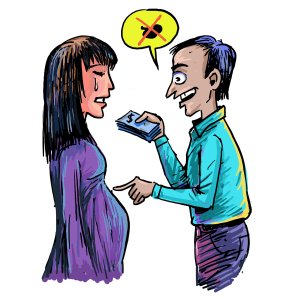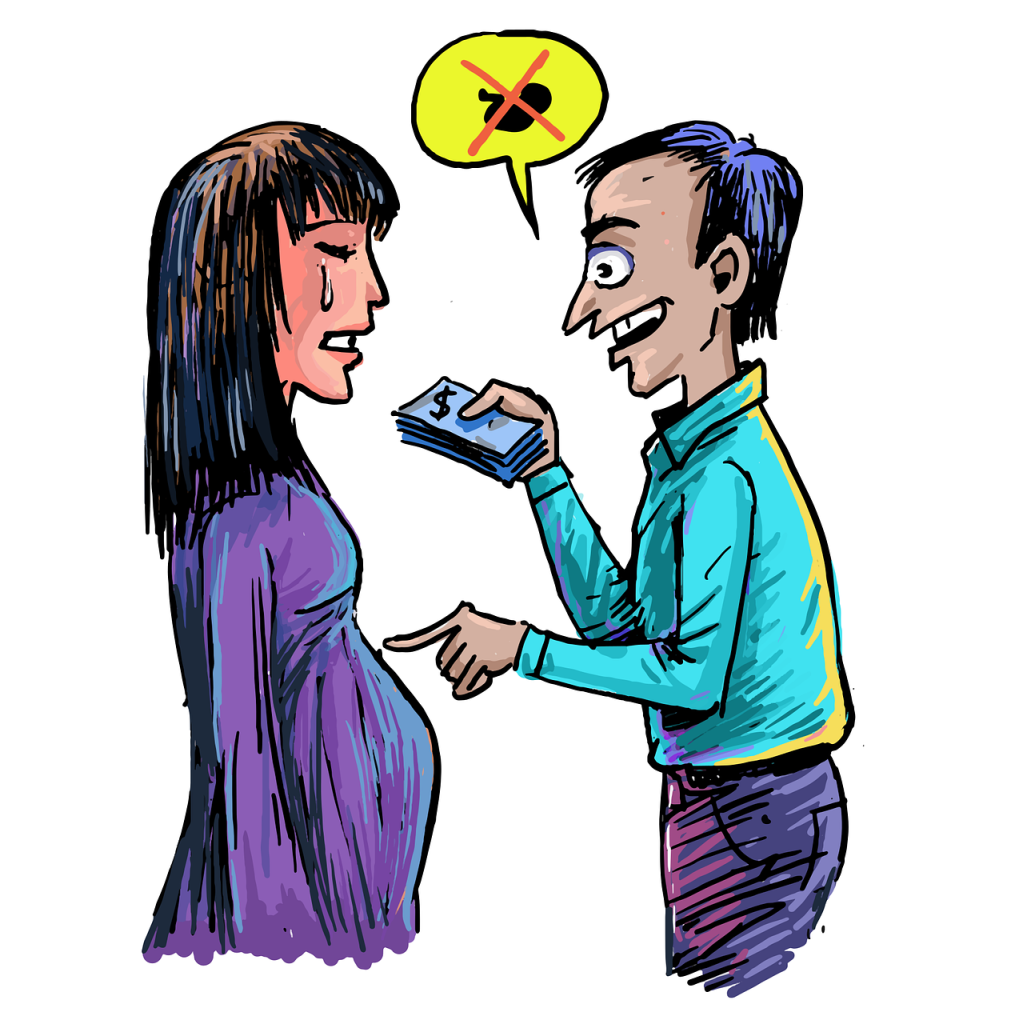SC Order on Legal Abortion.
Introduction

The Supreme Court has decided to allow a petition by a woman seeking abortion on the grounds that her health was at risk due to the foetus being diagnosed with Down Syndrome. The court will now decide whether or not it should be allowed.
How Supreme Court viewed 498a & 125of crpc for abortion case.
The Supreme Court was of the view that 498a and 125 of CrPC were misused in this case. It found that there was no evidence to prove that she was suffering from mental illness or required any medical treatment.
The age of the petitioner’s wife was 31 years, which is beyond the period for which abortion can be permitted under Section 3(4) of Medical Termination of Pregnancy Act 1971 (MTP).
Justice DY Chandrachud in his judgement, explained how 498a and 125 of CrPC were misused in this case. Justice Chandrachud said ‘it is important to remember that the complaint under Section 498A of the IPC was filed in 2018 and at that time, the age of the petitioner’s wife was 31 years. Her mental health has been considered by a medical board constituted by this court. The report has held that she suffers from schizophrenia.’

Justice DY Chandrachud in his judgement, explained how 498a and 125 of CrPC were misused in this case. Justice Chandrachud said ‘it is important to remember that the complaint under Section 498A of the IPC was filed in 2018 and at that time, the age of the petitioner’s wife was 31 years. Her mental health has been considered by a medical board constituted by this court. The report has held that she suffers from schizophrenia.’
The Supreme Court bench comprising Justices Amitava Roy and N V Ramana gave its verdict on January 12th 2019 on a petition challenging section 497(1)(d), 376(2), 376(3) & 298 (husband’s conduct).
‘The discharge order passed under section 110(1) CrPC has taken into account the availability of alternate remedies. The mother of the petitioner’s wife has filed an application under section 125 of the CrPC before the family court at Gwalior seeking maintenance on behalf of her daughter who is a major.’
‘A direction will be issued to maintain st
atus quo with regard to these proceedings before such time as they are finalised. Maintenance proceedings are sub-judice, it is not open to this court to observe anything about their merits or demerits.’
The Supreme Court has decided to maintain the status quo with regard to these proceedings before it is finalised. Maintenance proceedings are sub-judice, which means that they have not been pronounced yet. It is therefore not open to this court to observe anything about their merits or demerits.
‘In a situation where there is inherent conflict between two statutes, each one valid, that is governed by different theories and enacted for different purposes, there will be cases which fall outside both. There will be other cases which fall within both,’ observed the judge.
In a situation where there is inherent conflict between two statutes, each one valid, that is governed by different theories and enacted for different purposes, there will be cases which fall outside both. There will be other cases which fall within both. It has been held that the court can decide that one law is more applicable than the other even though it may be clear at first glance that they are identical in all relevant respects.
In this case, Dr. Bedi was convicted by an Indian Court under section 3(1)(a) of the Medical Termination of Pregnancy Act 1971 (hereinafter referred to as MTP Act). Section 4(3)(b) provides: “No person shall perform or induce abortion on woman during pregnancy unless she has obtained his consent before doing so.”
The MTP Act does not explicitly define what constitutes an abortion but merely refers to “termination” or “abortions.”
Conclusion
The Supreme Court has upheld the criminalization of abortion in India, and has held that it is not a fundamental right. This decision reaffirms the position of the Indian government, which has maintained that abortion is illegal in all circumstances.
FOR MORE DETAILS VIST CLICK HERE
TO KNOW ABOUT DIVORCE LAWS IN INDIA VISIT
For Any Legal Query We Are Here to Help
[contact-form][contact-field label=”Name” type=”name” required=”true” /][contact-field label=”Email” type=”email” required=”true” /][contact-field label=”Website” type=”url” /][contact-field label=”Message” type=”textarea” /][/contact-form]

